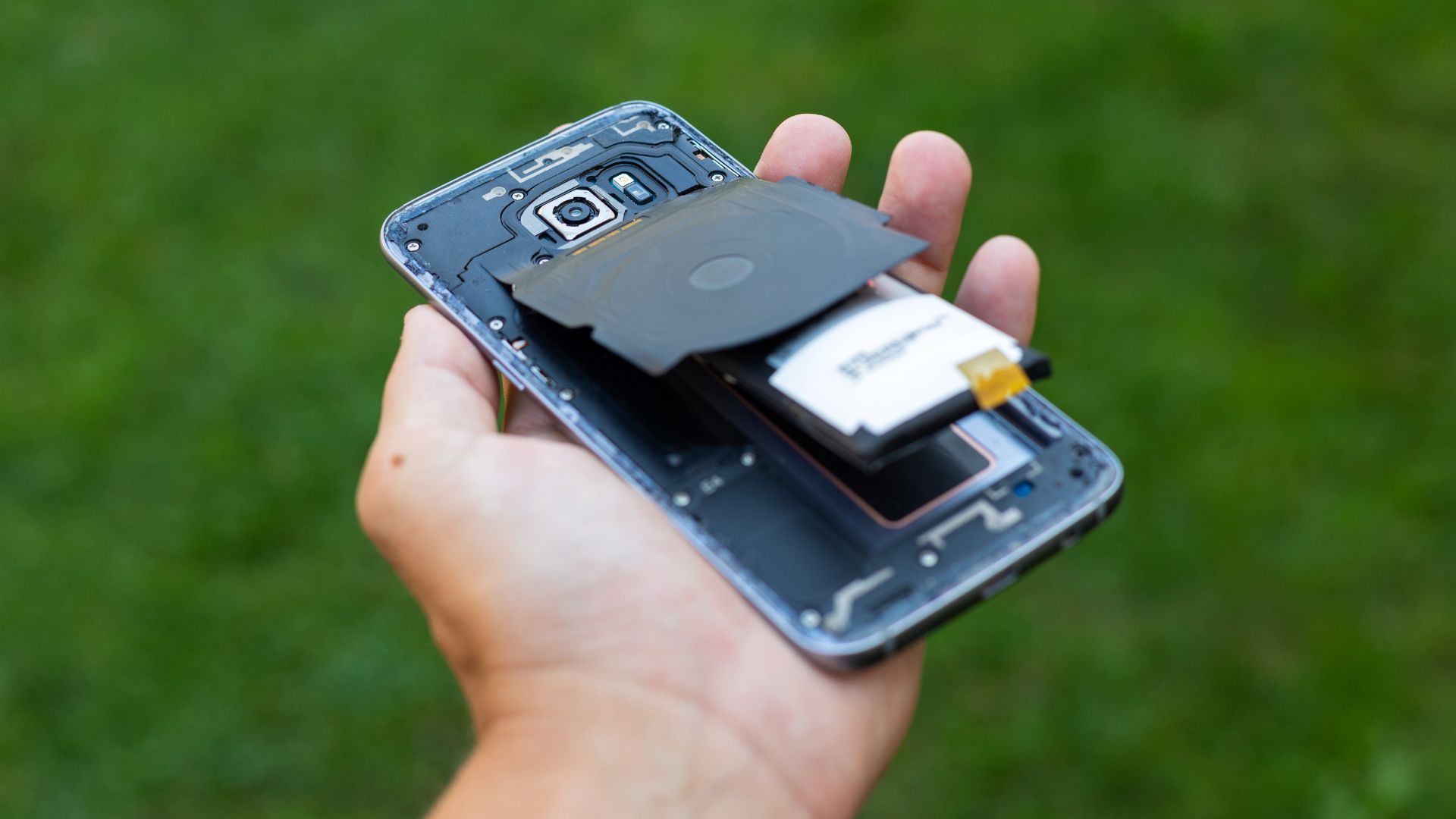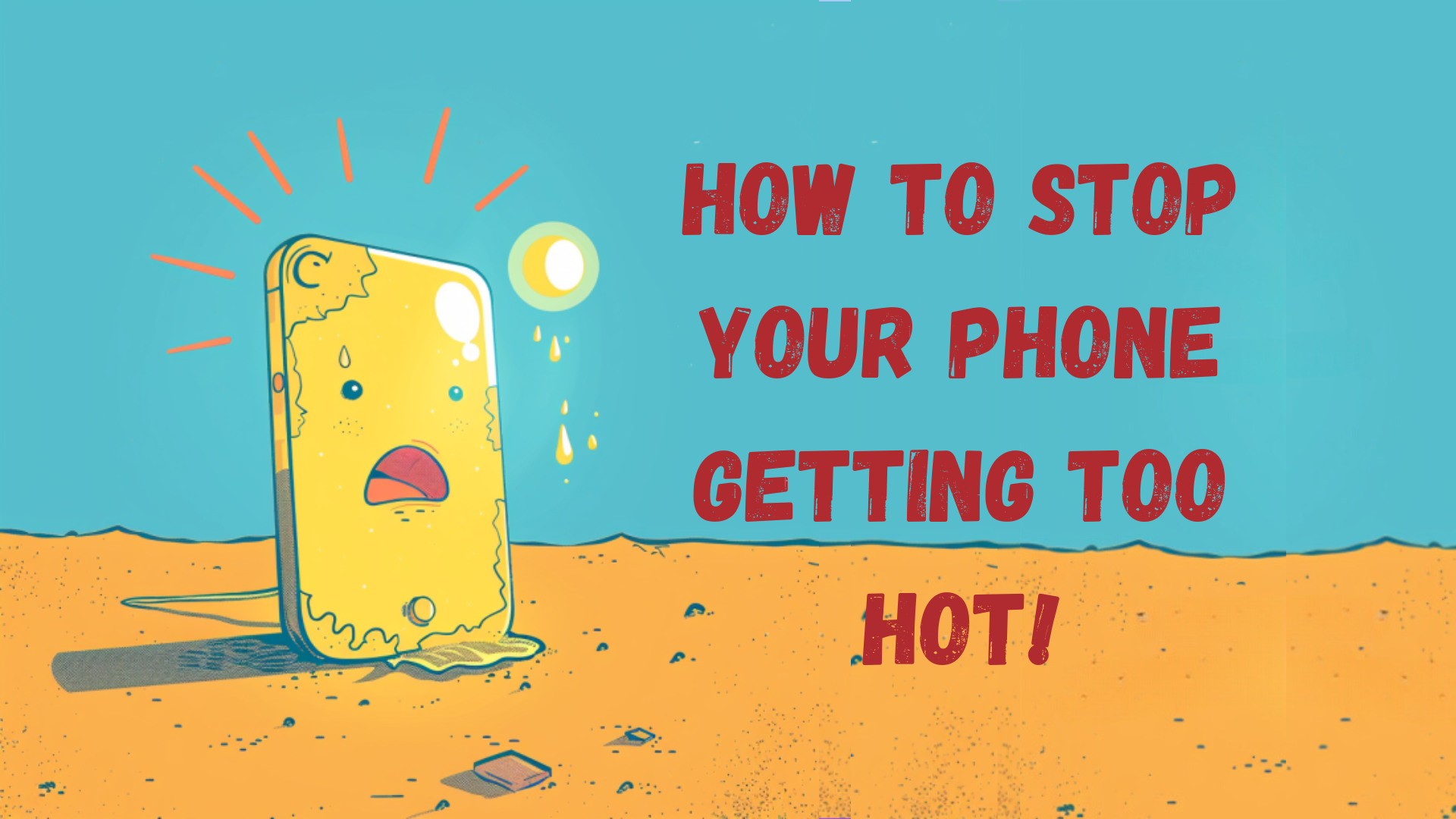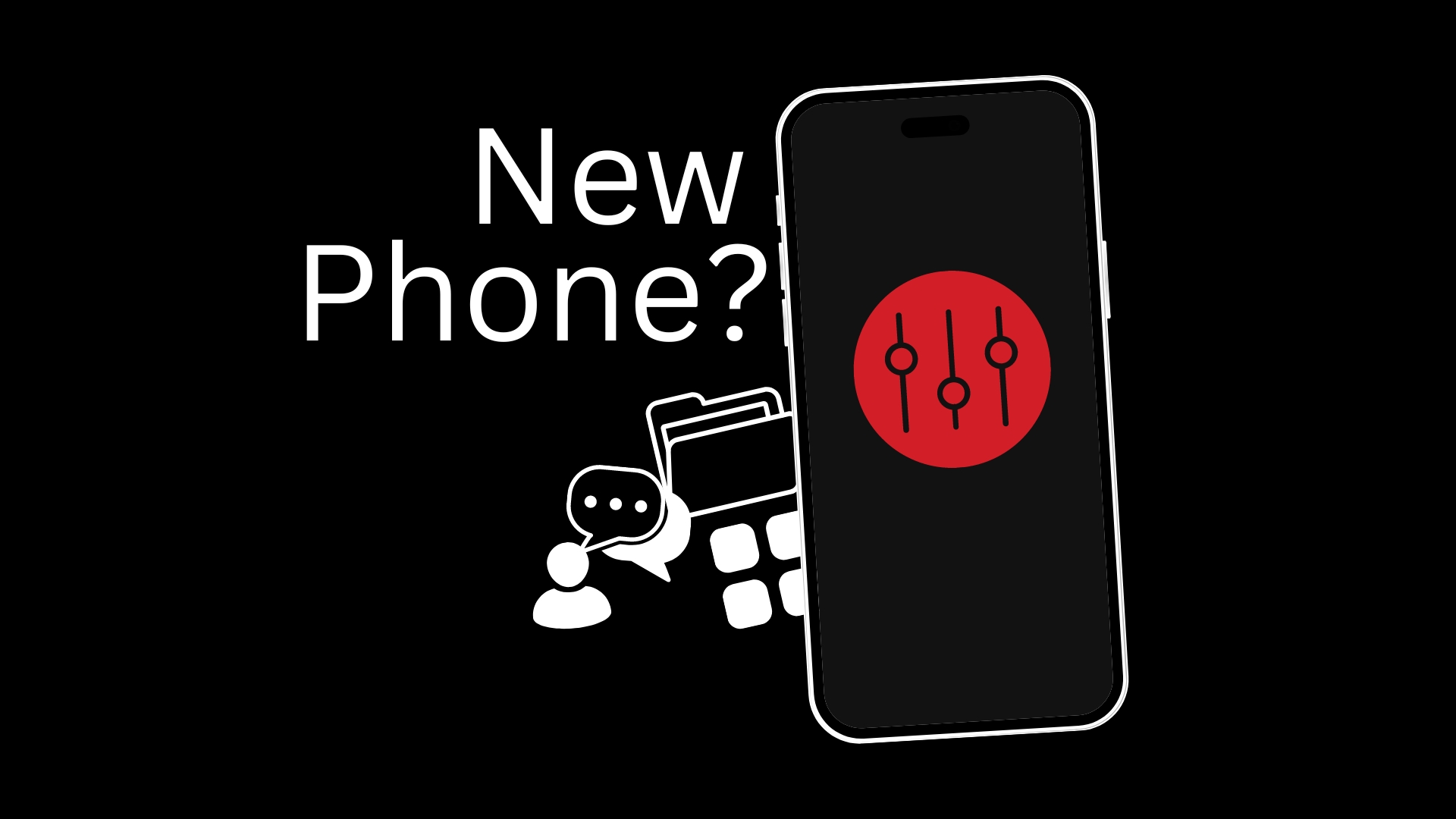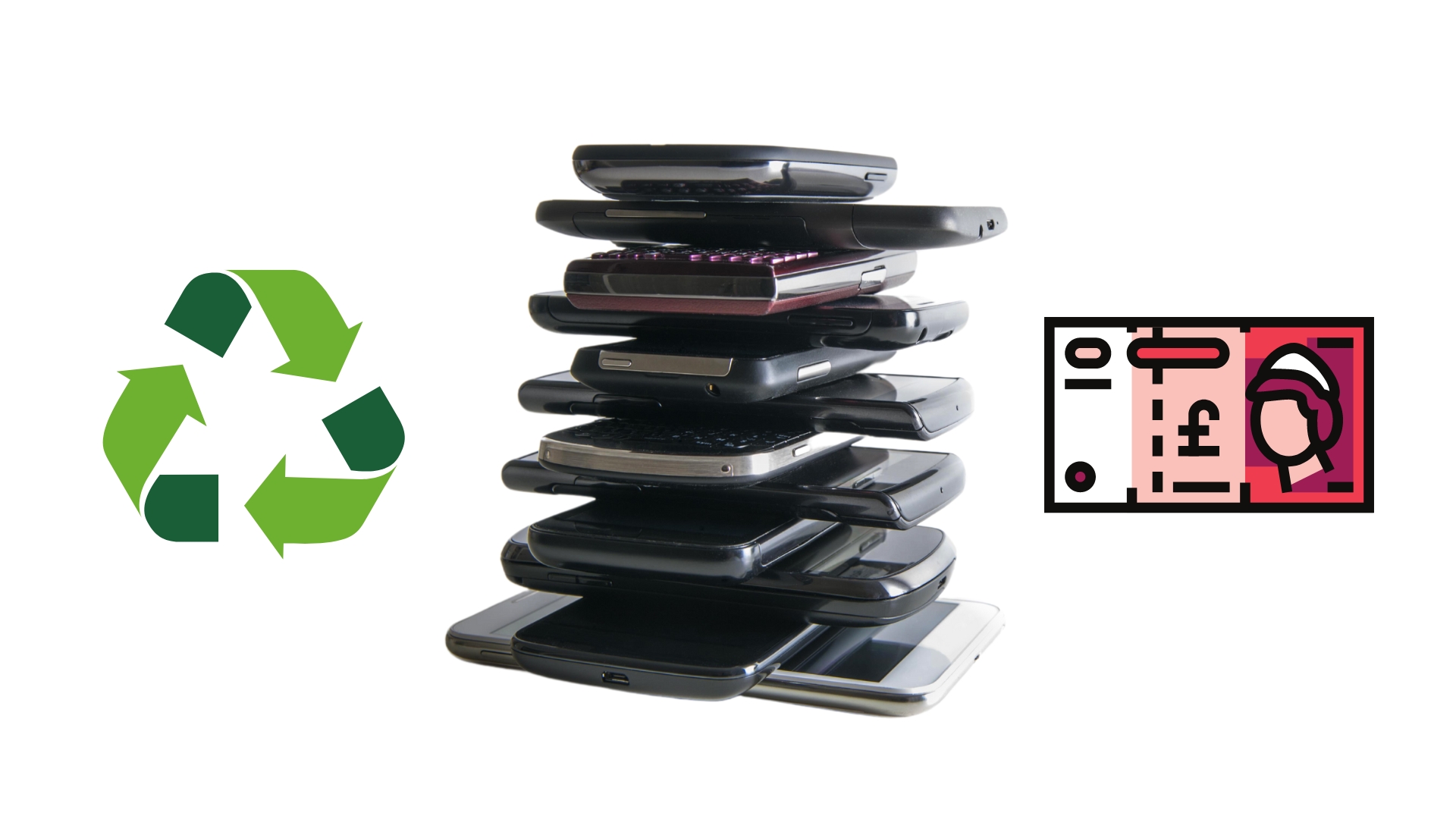Before we begin, a warning: Swollen or bloated batteries can be dangerous. If your phone battery has swollen, do not charge your phone. You will need to repair or replace your phone as soon as possible.
This guide will cover:
- What is a swollen battery / bloated battery?
- What should I do if my phone battery has swollen?
- Why does it matter?
- Causes of a swollen battery?
- How can I prevent my battery from swelling?
What is a swollen battery?
Smartphones are powered by lithium-ion or lithium-polymer batteries. When a smartphone battery is somehow damaged or degraded, it can swell up. This can cause the phone casing to bulge, or even to crack.
Early signs of a degraded battery
One of the earliest signs of a damaged battery is that the charge capacity of your phone is significantly reduced – i.e. your phone will run out of charge much faster. Other warning signs include your phone frequently overheating when on charge. Once damage has begun to build up, your battery may even make a quiet ‘fizzing’ sound.
What can happen if my battery has swollen?
As we said at the beginning of this article, a swollen battery can be a very dangerous sign. Damaged lithium batteries could leak toxic chemicals into the rest of your smartphone, and charging a damaged lithium battery can even cause it to catch fire.
What should I do if my phone battery has swollen?
Do not charge a phone with a swollen battery. If your battery is swollen, you will need to repair or replace the device.
What causes a bloated battery?
Lithium batteries gradually degrade over time, but certain things can cause much faster damage. These include temperature, liquid, and impact damage.
How do I prevent battery damage?
Here’s what you can do to protect your device:
- Leave your device uncovered on a hard surface when charging. This will prevent it from overheating as it charges.
- Do not use your phone if it is warm to the touch. Switch the device off and allow it to cool down.
- Do not leave your device outside or place it in a cold environment. Extremes of temperature can damage your battery.
- Avoid fast-charging your phone to 100%. The high voltages used in fast charging could cause your battery to degrade faster than normal.
- Do not use a third-party charger with your device. Your phone should intelligently manage the amount of voltage delivered to the battery, but some third party chargers could cause a fault that allows the battery to overcharge.
- Avoid using processor-intensive apps for long periods of time. If your device starts to overheat, it’s time for you to let it rest.
- Keep your device protected in a case. Avoid using it in wet or humid conditions. Take care of it – don’t leave it in your back pocket.




